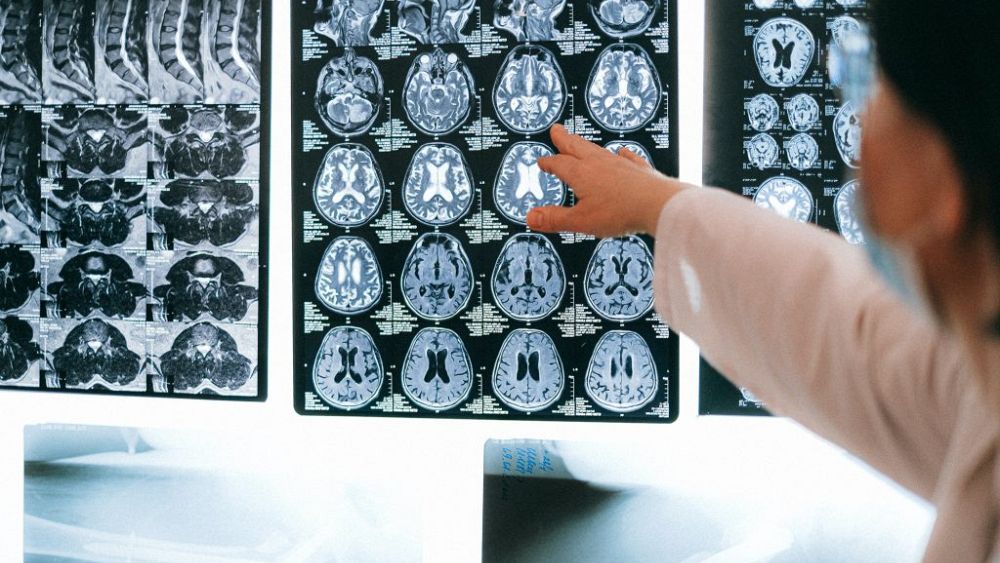
Researchers in Lithuania have developed a method based on deep learning that can predict the possible onset of Alzheimer’s disease with more than 99% accuracy.
The method uses artificial intelligence and deep learning to analyze brain images. It is faster than manual analysis, which also requires specific knowledge of the changes associated with Alzheimer’s.
Researchers at Kaunas University of Technology (KTU) in Lithuania developed the method while analyzing functional magnetic resonance imaging obtained from 138 subjects. They found better performance in terms of accuracy, sensitivity, and specificity than previously developed methods.
The findings of the investigation were published Monday in the journal Diagnostics.
The method could change the way Alzheimer’s and dementia are detected, as according to the World Health Organization (WHO), Alzheimer’s is the most common cause of dementia and contributes up to 70% of dementia cases.
Technologies can make medicine more accessible and cheaper. Although they will never (or at least not soon) really replace the medical professional, Rytis Maskeliūnas, a researcher in KTU’s Multimedia Engineering Department.
Approximately 24 million people are affected by Alzheimer’s worldwide and this number is expected to double due to the aging population.
One of the first signs of Alzheimer’s is mild cognitive impairment (MCI), an early stage of memory loss, or another loss of cognitive ability. The early stages often do not have much clear symptoms, but can be detected by neuroimaging.
Why is early detection important?
“Medical professionals around the world are trying to publicize an early diagnosis of Alzheimer’s, which provides those most likely to benefit from treatment,” said Rytis Maskeliūnas, a researcher in KTU’s Department of Multimedia Engineering.
He said that while it was not the first attempt to diagnose the early onset of Alzheimer’s from similar data, the main breakthrough was the accuracy of the algorithm.
“Viouslybviament, such a high number is not an indicator of real-life performance, but we are working with medical institutions to get more data,” he said.
“We need to make the most of the data. That’s why our research group focuses on the European principle of open science, so that anyone can use our knowledge and develop it even further. I think this principle contributes largely to the advancement of society. “
Do you want to replace medical professionals?
The principal investigator said the algorithm could be turned into software, which could analyze data from those most prone to Alzheimer’s, for example, those over 65 or with high blood pressure.
While technology can help medical professionals diagnosed with Alzheimer’s, Maskeliunas warned he can’t replace them.
“Technologies can make medicine more accessible and cheaper. While they will never (or at least not soon) really replace the medical professional, technologies can foster the search for diagnosis and timely help,” he said.